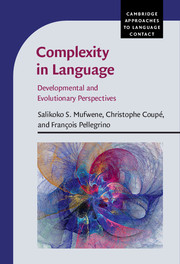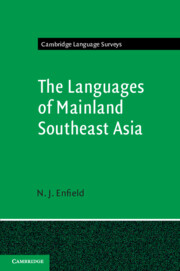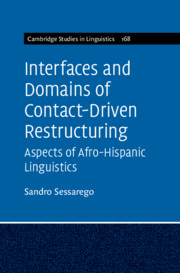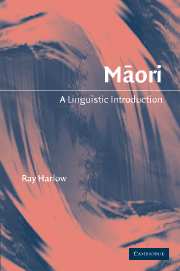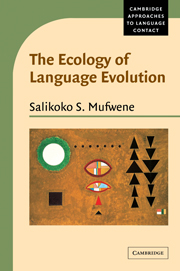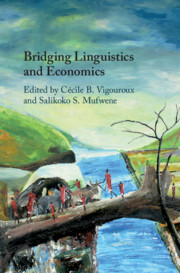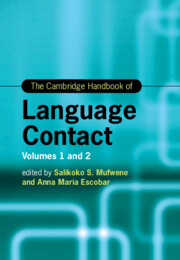Complexity in Language
The question of complexity, as in what makes one language more 'complex' than another, is a long-established topic of debate amongst linguists. Recently, this issue has been complemented with the view that languages are complex adaptive systems, in which emergence and self-organization play major roles. However, few students of the phenomenon have gone beyond the basic assessment of the number of units and rules in a language (what has been characterized as 'bit complexity') or shown some familiarity with the science of complexity. This book reveals how much can be learned by overcoming these limitations, especially by adopting developmental and evolutionary perspectives. The contributors include specialists of language acquisition, evolution and ecology, grammaticization, phonology, and modeling, all of whom approach languages as dynamical, emergent, and adaptive complex systems.
- Expands the ways in which linguistic complexity can be understood
- Will connect linguistics better with the science of complexity
- Presents complementary viewpoints on the complexity of language considered from the point of view of the interactions of its components and from that of the social context in which it is practiced and (re)shaped
Product details
March 2017Hardback
9781107054370
268 pages
236 × 159 × 20 mm
0.52kg
27 b/w illus.
Available
Table of Contents
- 1. Complexity in language: a multifaceted phenomenon Salikoko S. Mufwene, François Pellegrino and Christophe Coupé
- 2. How robotic agents agree to communicate Luc Steels and Katrien Beuls
- 3. Self-organization in language Bart de Boer
- 4. A complex adaptive systems approach to language and brain Tom Schoenemann
- 5. Evolutionary complexity of social cognition, semasiographic systems, and language William Croft
- 6. Quantitative analyses of phonological datasets Christophe Coupé, Egidio Marsico and François Pellegrino
- 7. Phonological acquisition as emergence Barbara Davis
- 8. Language choice in a multilingual society: a view from complexity science Lucía Loureiro-Porto and Maxi San Miguel
- 9. Complexity in/of language: bases for a dynamic socio-cognitive view Albert Bastardas-Boada.

